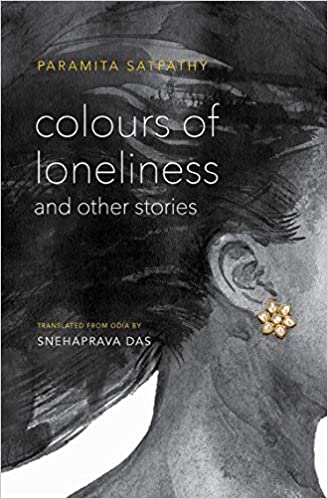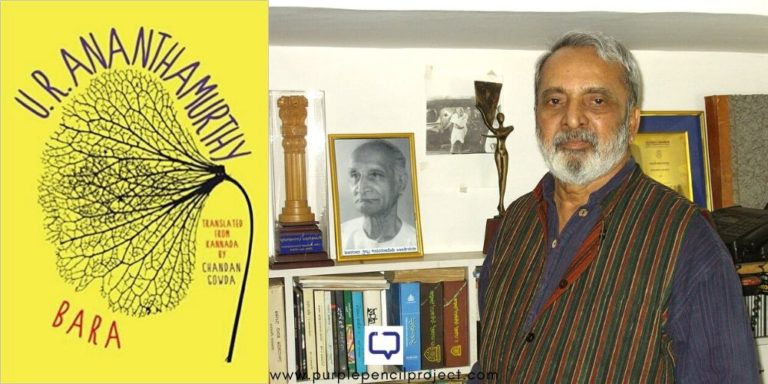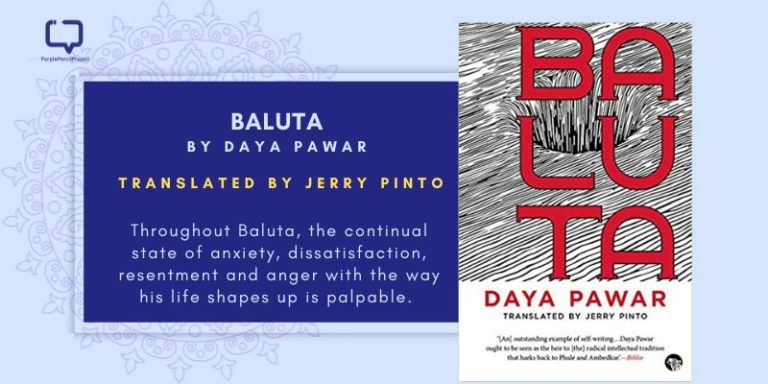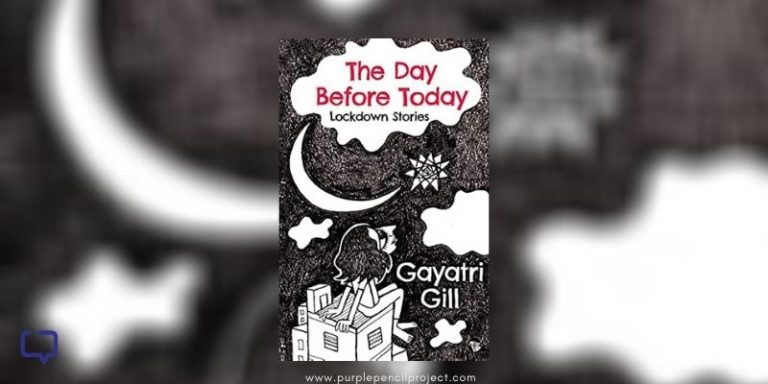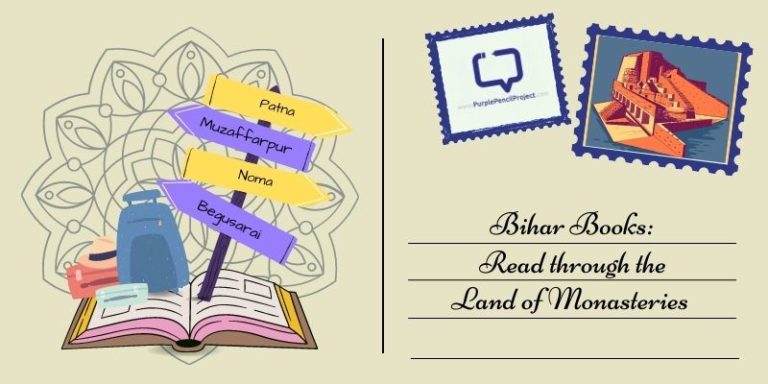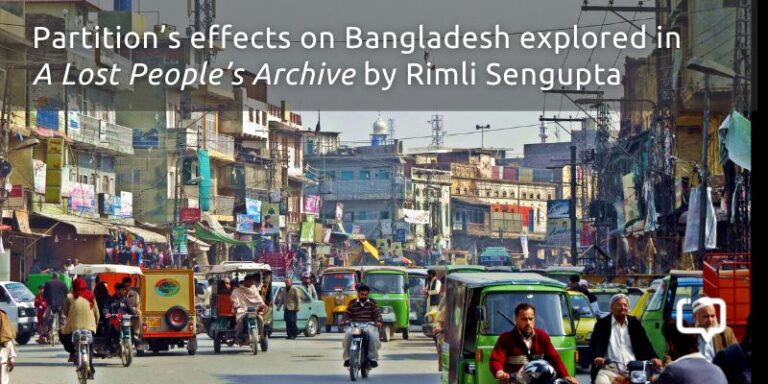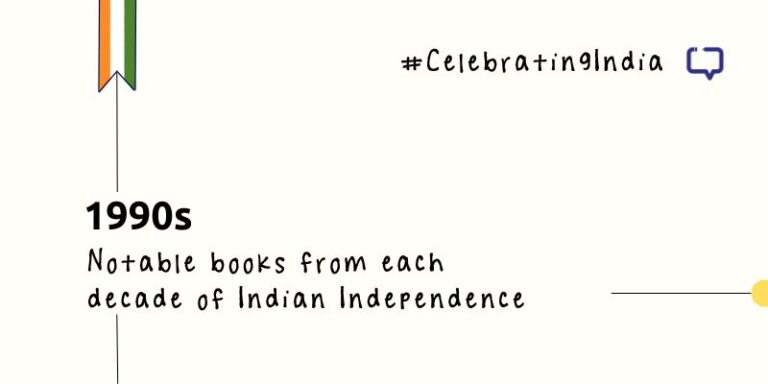What is it that you think of when you have a collection of short stories in your hand? There is vigour, excitement and most importantly a light allure of fascination for something that is indirectly entwined and makes you hop from one story to another. But, Satapathy’s Colours of Loneliness is a sharp contrast, in which the most mundane, every-day stories set off a series of nostalgic triggers and a never-ending pit of emptiness.
Tone and temperament
Colours of Loneliness comprises fourteen short stories, each so minutely captured, it brings the turmoils of the characters, their every-day atmospheres, the betrayal, guilt, rebellion, humiliation, agony, alienation, companionship, self-realization, fantasy and above all, the intense loneliness that comes along with each of these emotions, come alive. Satapathy has delivered blows that have been long hidden under the carpet of daily mediocrity.
For instance, in ‘Children’s Day’, the true exploitative nature of child labour and the alienation a child faces, in order to stay alive has been put forward. Another story, ‘The Ultimate Pay-off’, unabashedly explores the concept of dowry and what can greed lead to. One of my favourites, ‘Her Best Friend Jaya’ inexplicably follows Jaya’s betrayal of her best friend, Itishree. The story wounds you up and makes you wary of your friendships. The last story, ‘Colours of Loneliness’, is the ultimate pitfall of it all. It takes you on a ride of self-worth and immense solitude that Maya and Veena face.
“Sometimes I wonder if there was at all any need of living all these years. Had it ever mattered if I was not born! Nothing will change even if I die now!”
The Longevity of the Translation and Characters
Paramita is an Odia writer, hence, what gives a staid voice to the story is Snehaprava Das’ translation. It not only brings out the dreary humdrum of daily life but pushes out the genuineness of the characters. The language is light but the effect is strong. And it seems that the characters are eager to jut out, to experience the colourless in a more colourful and insightful manner. In the end, what the stories and narration bring to you is endless despair, raving for more.
Best Quotes
It is unlikely, but my favourite quote is from the Author’s Note. It is highly recommended that you read both the Author’s and the Translator’s Note.
“At that moment, I come face to face with aloneness – shuddering and shivering on its impact. Strange that this experience comes back to me again and again…”
Conclusion
The book is simply fervent and arduous in nature. It encompasses strong emotions, one which is likely to break you.
Recommended for: Anyone who is eager to read short stories and can digest the unfathomable intensity of mundanity.







